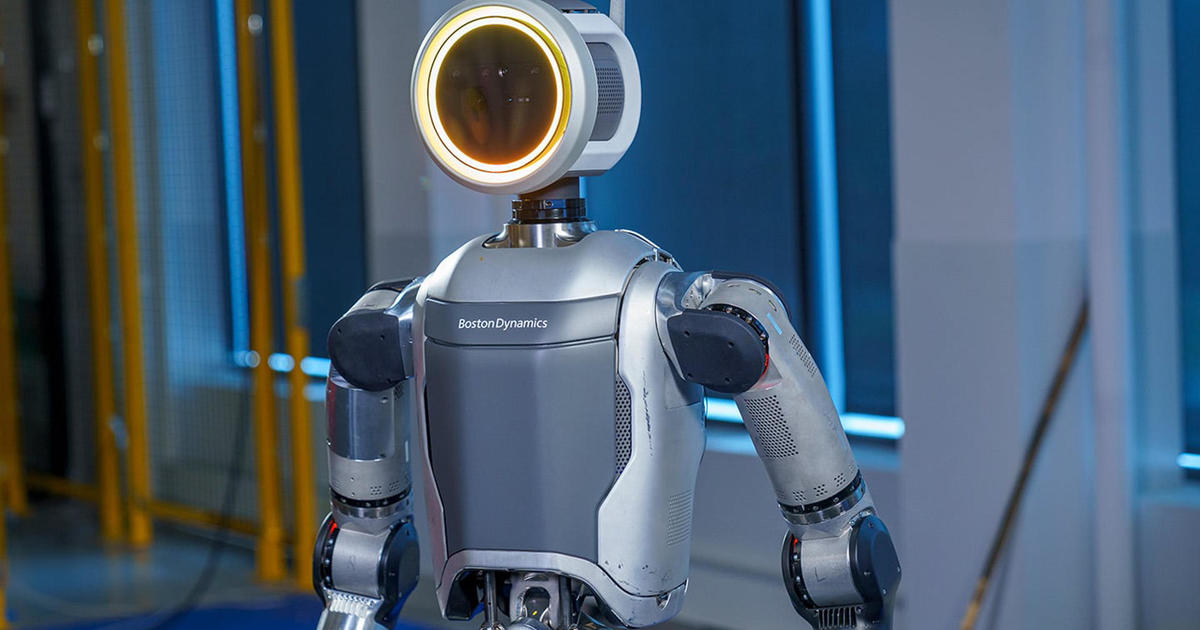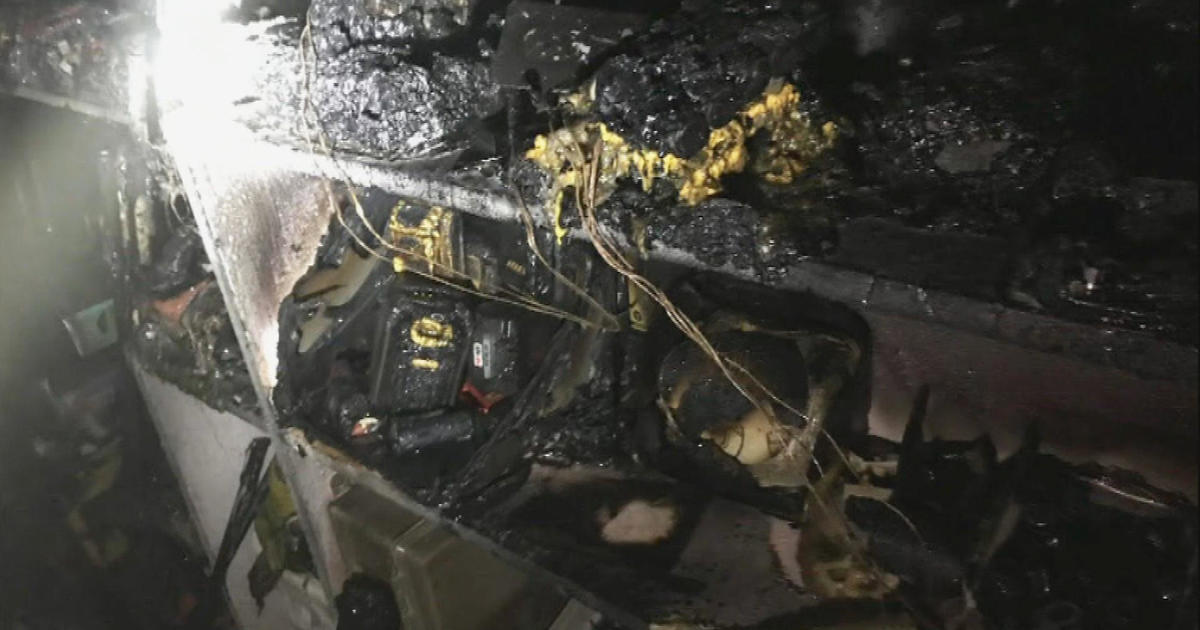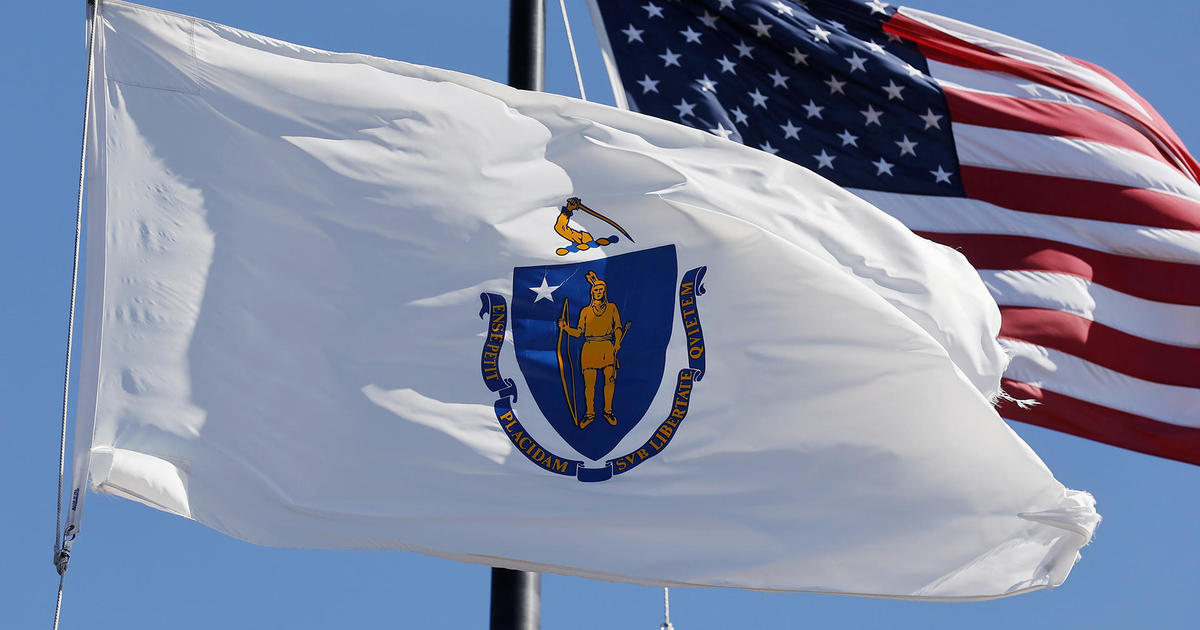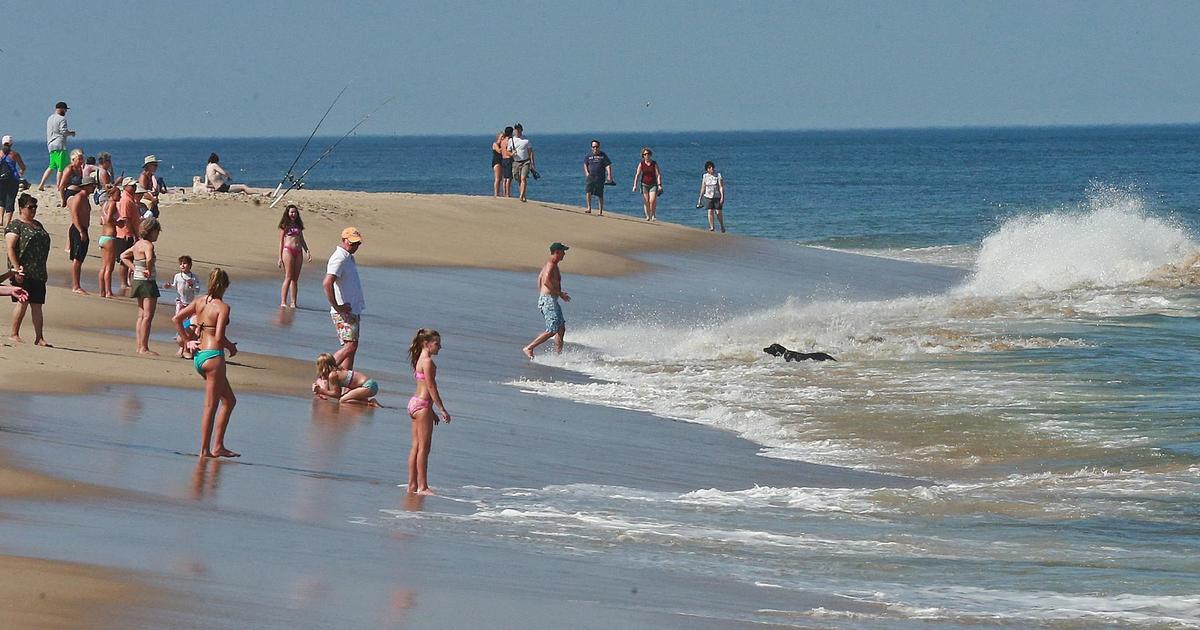Special Unit Formed To Sort Out State Drug Testing Lab Scandal
BOSTON (AP) — Massachusetts announced formation Thursday of a central office to sort through the tens of thousands of criminal cases that may have been compromised by the mishandling of drug evidence at a state lab, while also broadening the investigation to determine whether problems extended beyond a single chemist at the now-shuttered lab.
Gov. Deval Patrick named David Meier, a defense attorney and former prosecutor, to head the office, which will act as a "clearinghouse" for information while attempting to connect specific cases to drug samples tested by the chemist, Annie Dookhan, over a nine-year period at the lab. The state Department of Public Health formerly operated the lab.
Patrick also said he has asked Attorney General Martha Coakley to conduct a separate review to determine if any problems identified at the lab could have affected the reliability of drug testing in cases other than those handled by Dookhan, who resigned in March.
Citing an ongoing criminal probe by the attorney general, state authorities have not specified what Dookhan was accused of doing or what her motive might have been. Dookhan has not responded to repeated requests for comment.
Also Thursday, a drug defendant who was allowed to withdraw a guilty plea due to concerns about possibly tainted evidence was released by a judge on personal recognizance. David Danielli, 49, was serving a one-year sentence at the Norfolk County House of Correction and is believed to be the first defendant to be released from a state lock-up since the drug testing scandal surfaced publicly, though charges against him have not been dropped.
Meier, who will be paid $12,500 per month for his services, is a partner at the Boston law firm of Todd & Weld. He spent more than 20 years as a prosecutor in Middlesex and Suffolk counties, including 12 years as chief homicide investigator in the Suffolk District Attorney's office.
Patrick said Meier would be an "independent and objective voice" in the probe. Meier stressed that his role was not to act as an advocate for either prosecutors or defense attorneys, and nor would he act as a judge deciding the outcome of cases.
"I stand before you today as an advocate for fairness and due process in the criminal justice system," he told reporters.
As a prosecutor, Meier has experience in helping reverse cases involving wrongful convictions, including that of Donnell Johnson, a Boston man who was released from prison in 2000 after spending five years behind bars for the slaying of a 9-year-old boy. Meier then led a new investigation by the DA's office that led to guilty pleas against two other men.
Meier's appointment won praise from prosecutors and defense attorneys, including Stephen Weymouth, a lawyer who has known Meier since the mid-1980s and on occasion had gone up against him in court.
"He is, in my opinion, a really good lawyer and he's a really good guy," Weymouth said, noting Meier's work on wrongful convictions.
Meier said he would begin Friday by convening a meeting of prosecutors, lawyers, representatives of the state's trial court and agencies that could be affected by the investigation. He said there was no timeline for the central office to conclude its work.
Patrick said his administration had not yet come up with an estimate for how much the effort will cost, but added that he would be submitting a future appropriation request to the Legislature. House Speaker Robert DeLeo has announced that at least two legislative committees will conduct a separate review.
Helene Kazanjian, a former federal prosecutor who heads the civil trial division in Coakley's office, will lead a review of whether failures at the Boston lab impacted cases beyond those handled by Dookhan, first Assistant Attorney General Edward Bedrosian Jr. said in a letter Thursday to district attorneys and the state's public defender agency.
"We have received cooperation from current and former employees of the laboratory and at this time we do not have reason to believe other chemists were involved in similar alleged misconduct," Bedrosian wrote.
Patrick echoed that sentiment, saying he did not expect to see an "exponential" increase in tainted cases beyond the more than 60,000 drug samples involving 34,000 cases that were handled by Dookhan.
"From everything we have learned from the investigation so far, the chemist (had) her own set of rules and operated within those, and others operated within existing rules," Patrick said.
Defendants affected by tainted evidence would be handled on a case-by-case basis, with an emphasis on any individuals who may have been jailed unfairly. Asked if he was concerned the findings might result in the release of dangerous inmates, Patrick responded that his primary concern was that justice be served.
"If the evidence doesn't stand up, that has to be dealt with," he said.
Danielli was originally charged with trafficking oxycodone pills, but he pleaded guilty to a lesser charge in June after state officials told Norfolk County prosecutors that drug samples in his case might be called into question. He was sentenced to serve one year at the Norfolk County House of Correction.
The construction worker and father of four did not speak with reporters as he left court Thursday, one day after being allowed to withdraw his guilty plea. He was ordered to appear for a Nov. 12 court update on his case.
Prosecutors supported Danielli's motion to withdraw his plea because of the questions raised in the widening investigation into the chemist's actions.
"He pleaded guilty based in large part on evidence that was quite possibly tainted," said John Martin, Danielli's lawyer. "His guilty plea can't stand."
Copyright 2012 The Associated Press.



